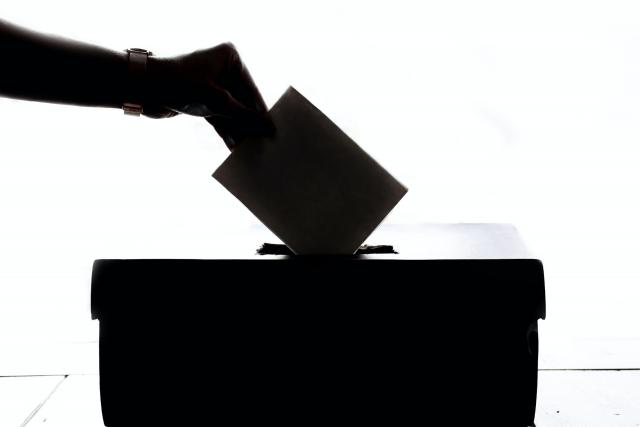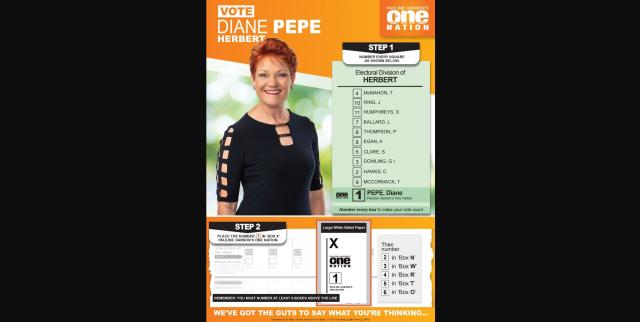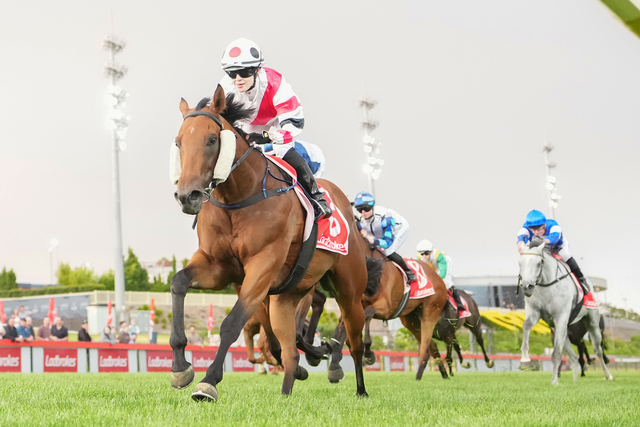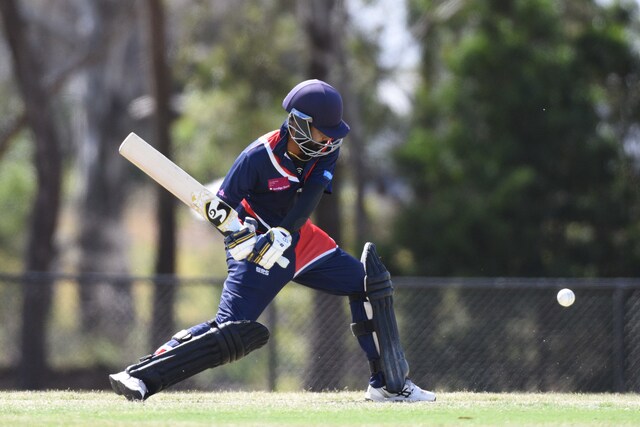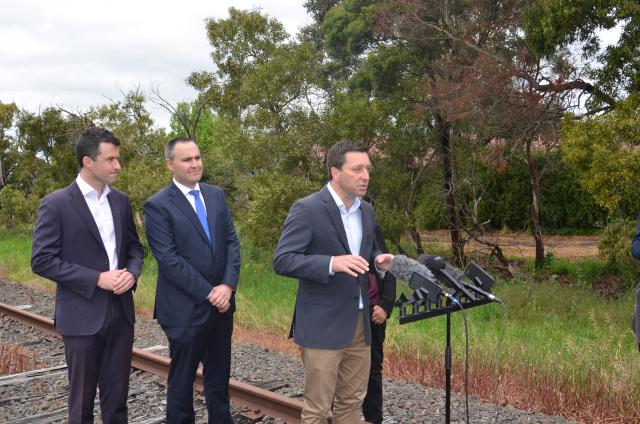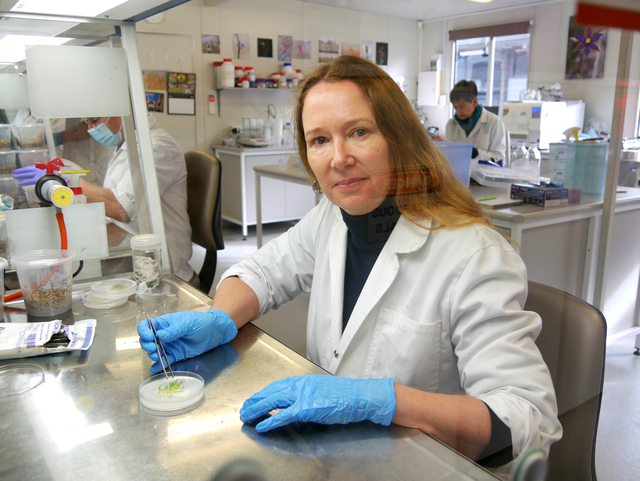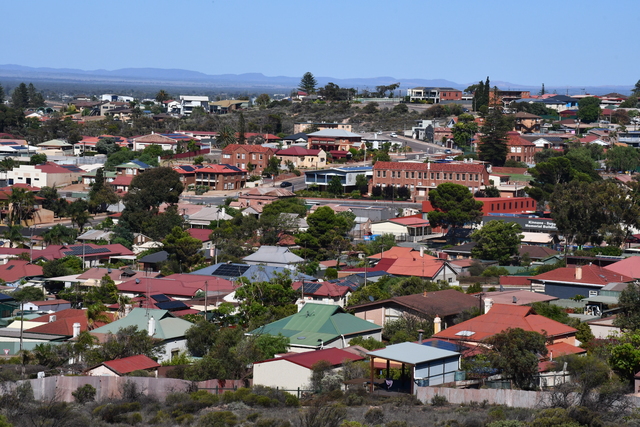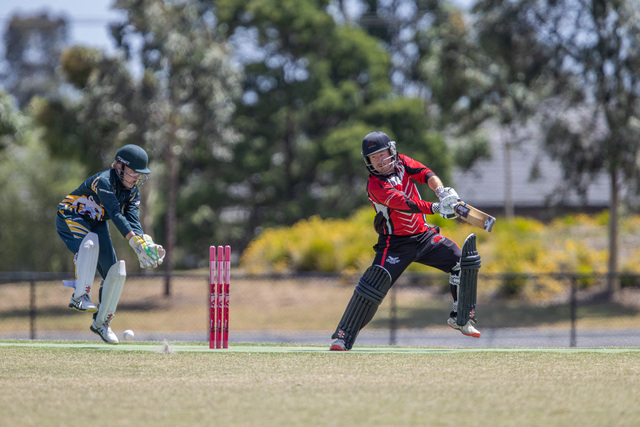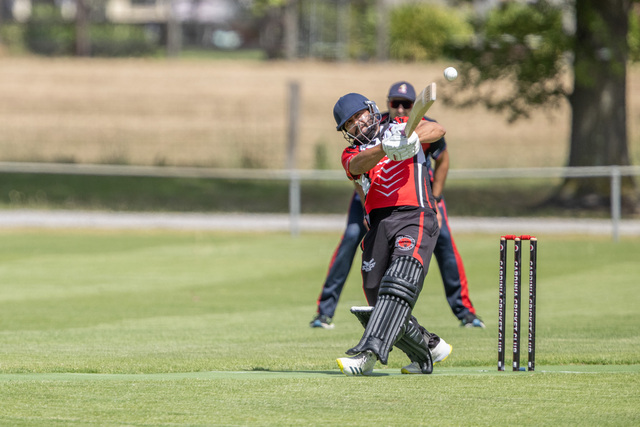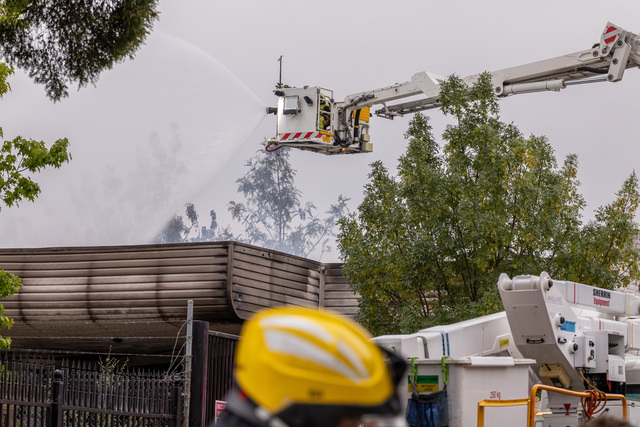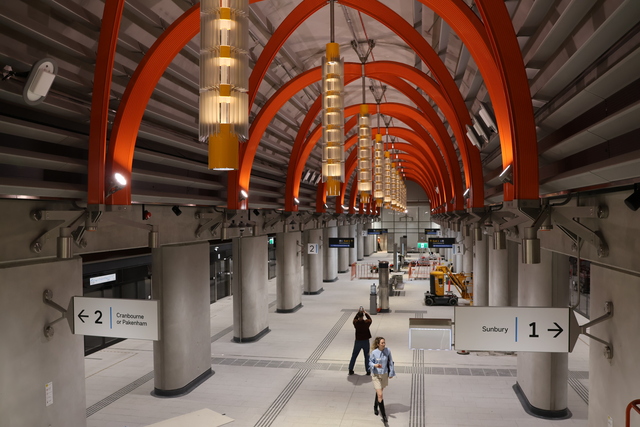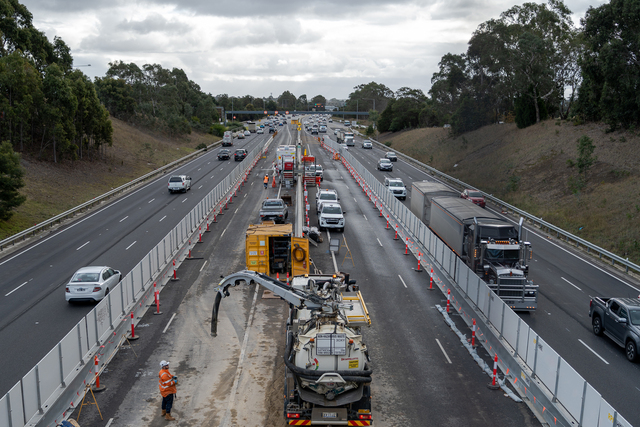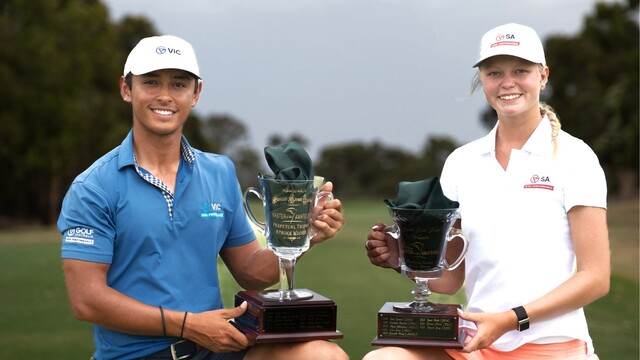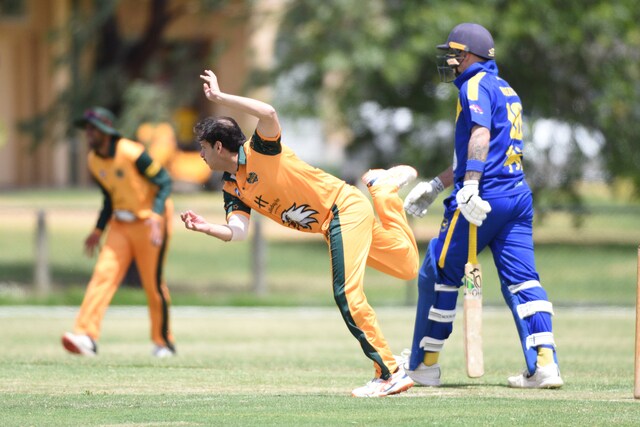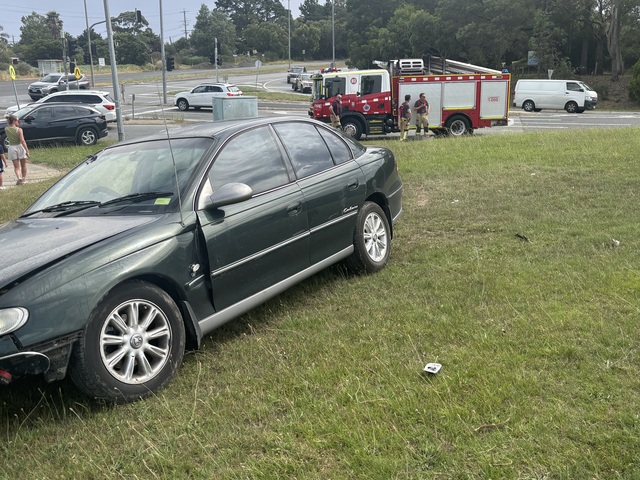Pauline Hanson’s One Nation Party ‘ghost candidates’ living far from their contested electorates reflects a struggle to find local representatives, a political expert says.
Monash University politics senior lecturer Dr Zareh Ghazarian said it was not uncommon nor wrong to field candidates living outside the electoral boundary.
But it was “curious” in One Nation’s case that there seemed to be “quite a lot of them” across Australia.
They include a Pakenham-based candidate standing for a Queensland seat, and a Central Coast candidate standing in Pakenham.
Other South East Melbourne seats – Hotham, Bruce and Holt – feature One Nation candidates from Perth, WA, and the Sunshine Coast and Cairns in Queensland.
“Part of that can come down to organizing logistics,” Dr Ghazarian says..
“It reflects the challenge that One Nation has to field a candidate and to organize their campaign.”
The point of fielding candidates in the House of Representatives seats was about gaining “visibility” for the party, Dr Ghazarian says.
The other motivation is gaining electoral funds, he says.
At least $10,000 is paid to One Nation if its candidate attracts at least 4 per cent of the seat’s primary vote.
One Nation traditionally polls poorly in Victoria compared to other states.
But in the 2019 election, the party still attracted 4.86 per cent of the La Trobe electorate vote.
In 2019, One Nation didn’t stand candidates in Holt, Bruce, Hotham and Isaacs.
Conservative minor parties such as United Australia Party, Rise Up Australia Party and Conservative National Party polled a combined 7.9 per cent in Bruce, 6.29 per cent in Holt, 3.63 per cent in Hotham and 5.1 per cent in Isaacs.

